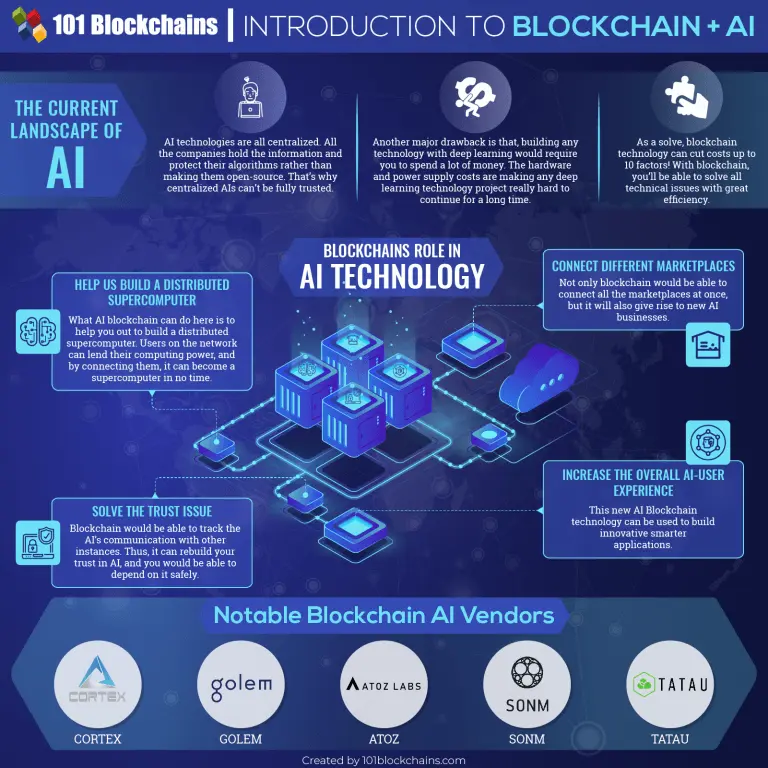
Blockchain technology is emerging as a potential solution to the complex issues surrounding AI-generated content and copyright claims. This innovative technology offers a decentralized ledger system that could address some of the significant challenges faced by copyright holders and creators in the age of generative AI.
Generative AI, capable of producing vast amounts of content, has raised concerns about the ownership and rights to the material it generates. As AI systems increasingly create text, images, and music, traditional copyright frameworks struggle to adapt, leading to disputes over intellectual property rights. Blockchain, known for its transparency and immutability, is now being explored as a tool to bridge these gaps.
Blockchain’s core feature—a decentralized ledger—allows for the creation of a permanent, verifiable record of transactions. This characteristic can be applied to copyright management, where every creation or modification can be logged and traced back to its origin. By recording the creation date, authorship, and subsequent changes, blockchain can provide a clear trail of ownership and usage rights for AI-generated works.
A key benefit of using blockchain in this context is the reduction of disputes over authorship. As AI systems become more sophisticated, distinguishing between human and machine-generated content becomes increasingly difficult. Blockchain can embed unique identifiers and timestamps for each piece of content, offering a transparent method to determine and verify ownership. This could help resolve conflicts between AI developers and traditional content creators by providing a clear record of intellectual property claims.
Several projects and platforms are already experimenting with blockchain to address these challenges. For instance, some companies are developing blockchain-based systems where AI-generated works are automatically registered upon creation. These systems use smart contracts—self-executing contracts with the terms of the agreement directly written into code—to enforce copyright agreements and ensure creators receive proper compensation. Smart contracts can automatically manage royalties and rights based on pre-defined rules, reducing the need for intermediaries and minimizing administrative overhead.
However, integrating blockchain into copyright management for AI-generated content is not without its challenges. One significant issue is the scalability of blockchain networks. As the volume of AI-generated content grows, blockchain systems must be able to handle large amounts of data and transactions without compromising performance. Furthermore, there are concerns about the legal recognition of blockchain records in various jurisdictions. While blockchain provides a technical solution, its acceptance as evidence in legal disputes may vary by region.
Another consideration is the potential for blockchain to introduce new complexities. For example, the decentralized nature of blockchain could lead to issues with data privacy and the security of intellectual property. Ensuring that blockchain systems are robust against hacking and unauthorized access is crucial for their effective implementation.
Despite these challenges, the potential of blockchain to revolutionize copyright management in the age of AI remains promising. By offering a transparent, immutable record of ownership and usage rights, blockchain can provide a more reliable framework for managing AI-generated content. This technology could pave the way for more effective protection of intellectual property and fair compensation for creators in an increasingly automated world.
As blockchain continues to evolve, it is likely that new solutions and workarounds will emerge to address its current limitations. The collaboration between blockchain developers, legal experts, and content creators will be essential in shaping how this technology is integrated into copyright management systems. The ongoing exploration of blockchain’s capabilities in this field highlights the broader potential of this technology to transform various aspects of the digital landscape.



